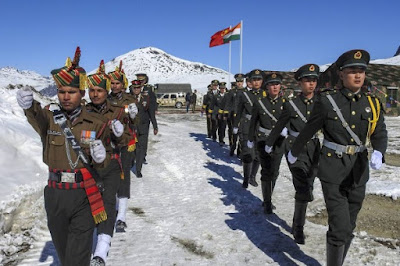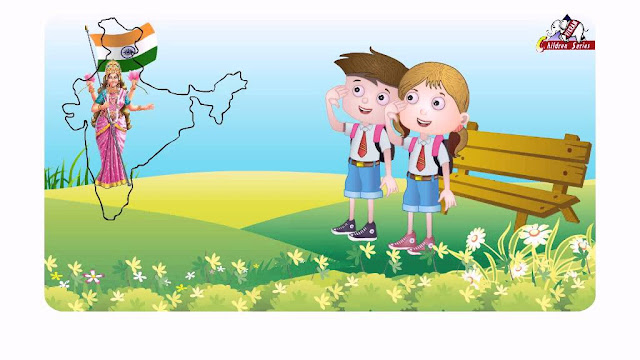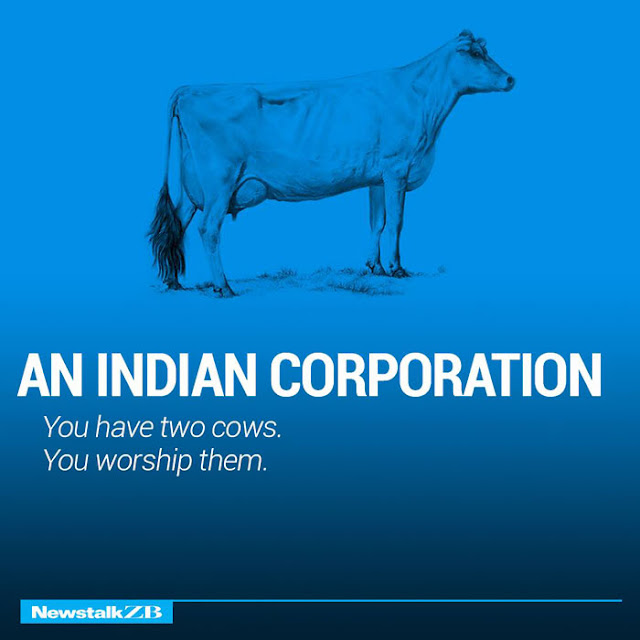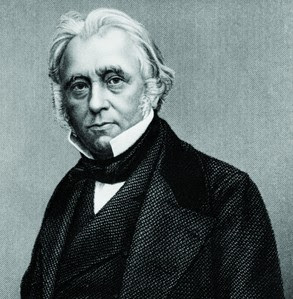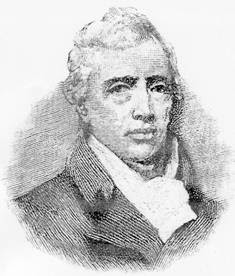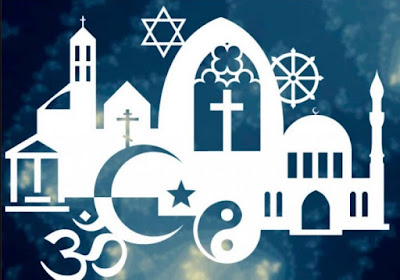The case for Cultural Education in India

India's New Education Policy - which sets the legislative agenda for Indian education in the coming years - recommends that the core of India's higher education should be a system of 'liberal education'. It cites several reasons for this: Human capital justifications such as the changing nature of work and workplaces and the need to be broadly educated (what some will call 'T-skills'). What I want to argue here is that this is only a limited view of the requirement and we need to define what kind of 'liberal education' India may really need. The central problem of Indian nationalism has been that while it defined itself against the European, and more specifically the British, imperialism, it was itself built upon essentially European concepts and ideas of nationhood and self-determination. Not only such concepts were only understood by a small, European-educated elite, these did not provide the broader populace any clearer definition of their own role i...

